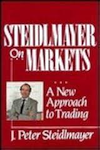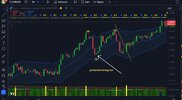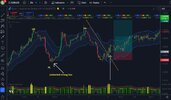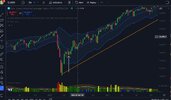- Joined
- 20 July 2021
- Posts
- 13,254
- Reactions
- 18,357
Why Volume is an Important Clue for Traders
https://thebull.com.au/author/bob-kohut/
Why Volume is an Important Clue for Traders
Volume is a technical indicator that gauges trend strength and momentum with multiple clues for investors to make trading decisions.
 thebull.com.au
thebull.com.au





